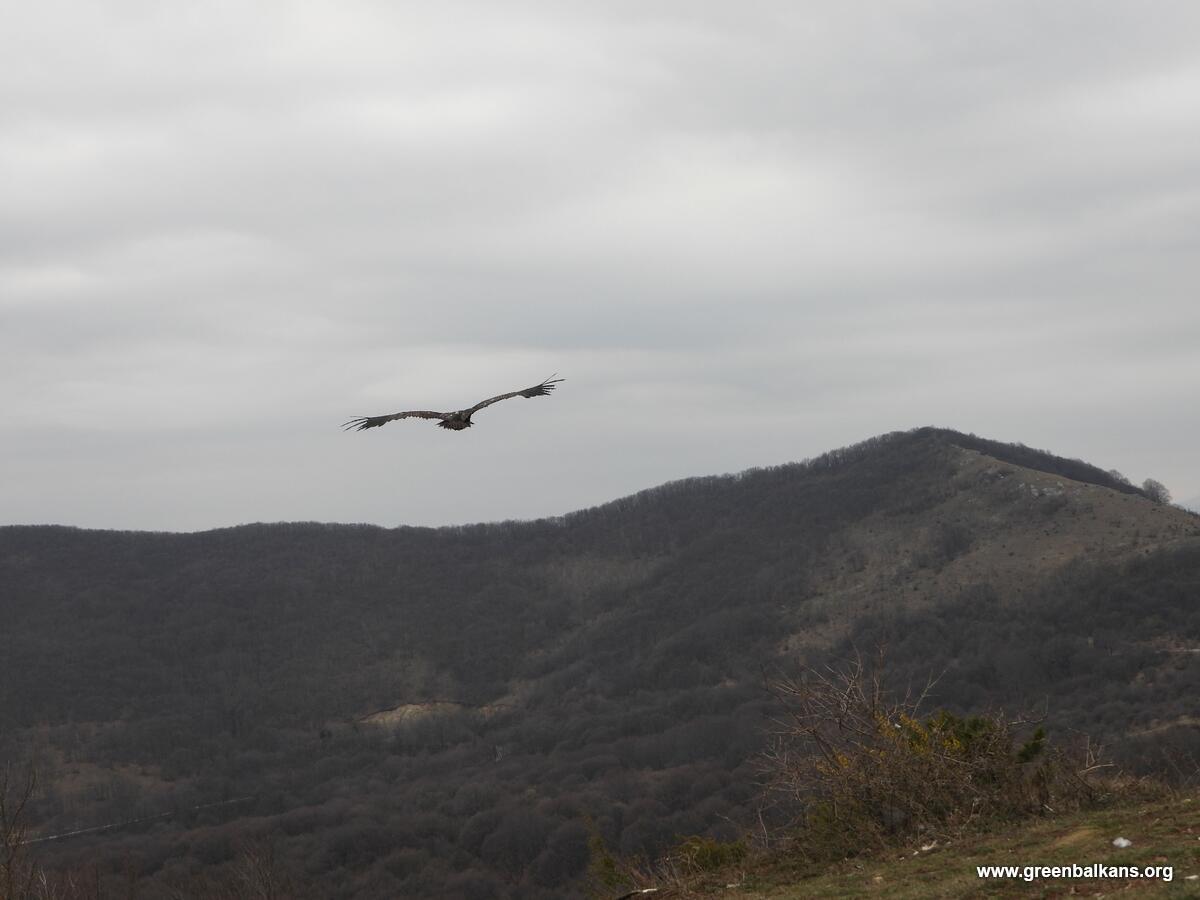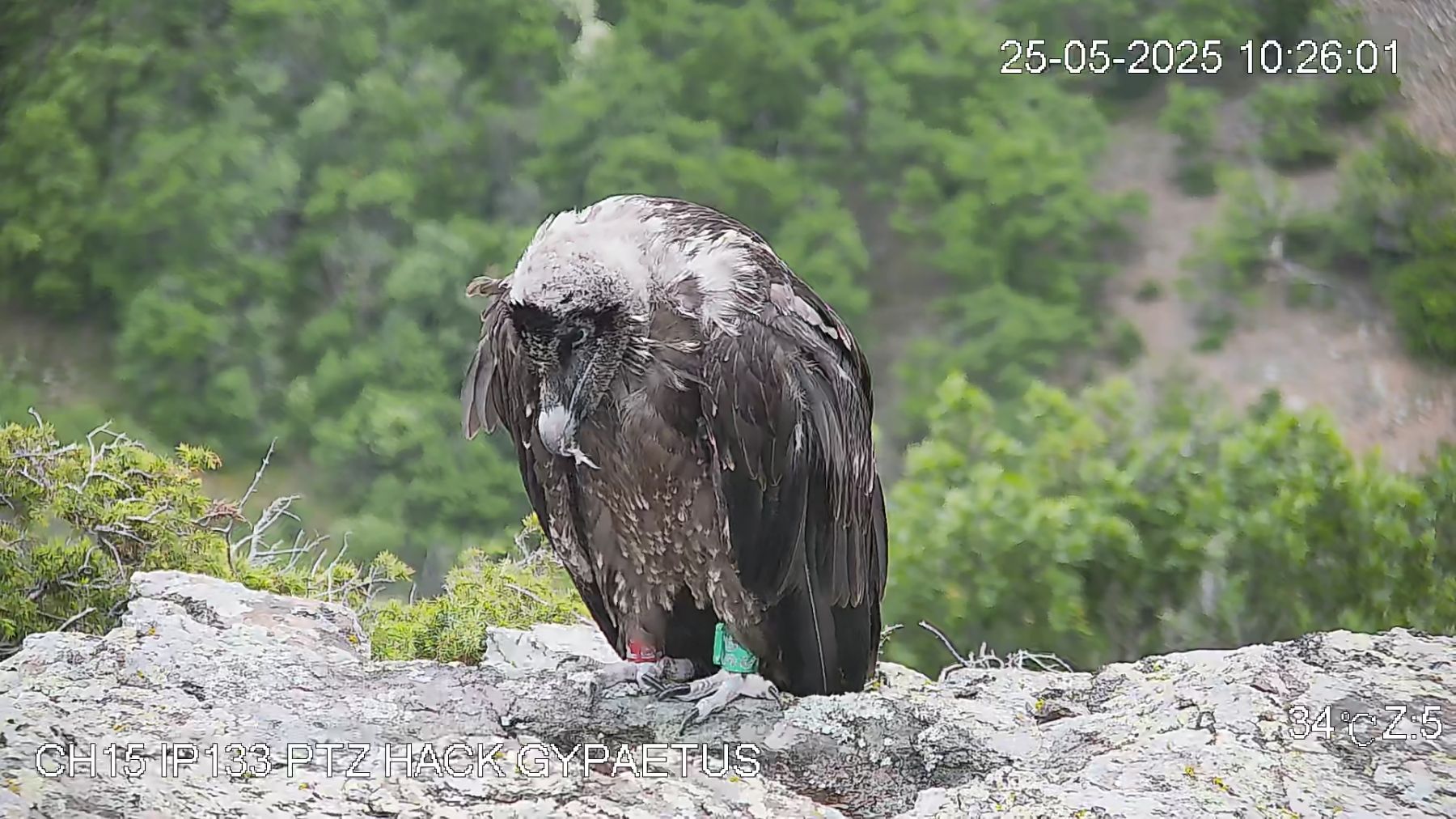The LIFE Rhodope Vultures Project, presented in September during the Vulture Festival in Madzharovo, officially kicked off last week with its first partner meeting in Ivaylovgrad (Bulgaria). Over forty experts from twelve organizations across Bulgaria, Greece, Portugal, and Spain gathered to officially launch the Bulgarian-Greek Cross-Border LIFE project.

LIFE project titled “Restoration of the Cinereous Vulture Population and Trophic Chain in the Bulgarian-Greek Cross-Border Region” has officially started. The first official meeting happened last week in Ivaylovgrad (Bulgaria) and gathered key stakeholders from ten different organisations, including the Bulgarian partner Rewilding Rhodopes Foundation. The Bulgarian Society for the Protection of Birds (BSPB), coordinator of the project, hosted the event.
After the official greetings, deputy Mayor of Ivaylovgrad, Ms. Svetla Mollova, opened the meeting and expressed the strong support of the municipality to conservation efforts. The project coordinator Dr. Dobromir Dobrev, from BSPB, highlighted the local significance of the species. Cinereous Vultures (Aegypius monachus) are an important part of the natural heritage of the Eastern Rhodopes: they cover a crucial ecological role by preventing the spread of diseases and are also a vital part of the local nature-based tourism.



The heart of the LIFE Rhodope Vultures project
The ambitious five-year project, co-funded by the European Union’s LIFE programme and Rewilding Europe, has two main goals. On the Bulgarian side of the border, the project will attempt to establish a new Cinereous Vultures colony. To do so, birds from Spain will be reintroduced in the Bulgarian Rhodopes. On the Greek side, the project will protect and support the only surviving Cinereous Vultures colony in Greece’s Dadia-Lefkimi-Soufli National Park. With these actions, the project will contribute to the species survival in the Balkans.
Both the reintroduced and the local Cinereous Vultures will be monitored with GPS/GSM transmitters, for a total of 25 tagged vultures in Greece and 40 in Bulgaria. GPS/GSM transmitters monitoring has been proven to be crucial in wildlife conservation. They allow scientists to follow the birds movements and intervene in case of emergencies. By following the birds movements is also possible to identify and address critical threats such as poisoning, poaching, and energy infrastructure collisions. The project team will also focus on increasing food availability and mitigating human-wildlife conflict. Lastly, the project aims to raise awareness on the ecological importance of Cinereous Vultures and foster cooperation among local and international stakeholders.
The Vulture Conservation Foundation is enthusiastic to contribute to the conservation of Cinereous Vultures in the Balkans alongside of the LIFE Rhodope Vultures.




